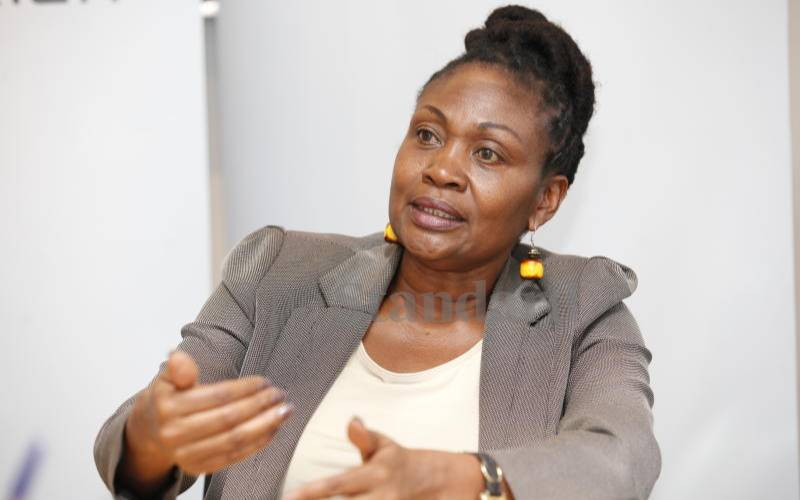×
The Standard e-Paper
Fearless, Trusted News

The composition of boardrooms and top management in corporate Kenya is becoming more diverse, with more women taking over corner offices, new studies show.
In the recent past, leading firms in the country have become bold and deliberate in having more women take over top leadership positions, signifying changing corporate practices that previously favoured men.